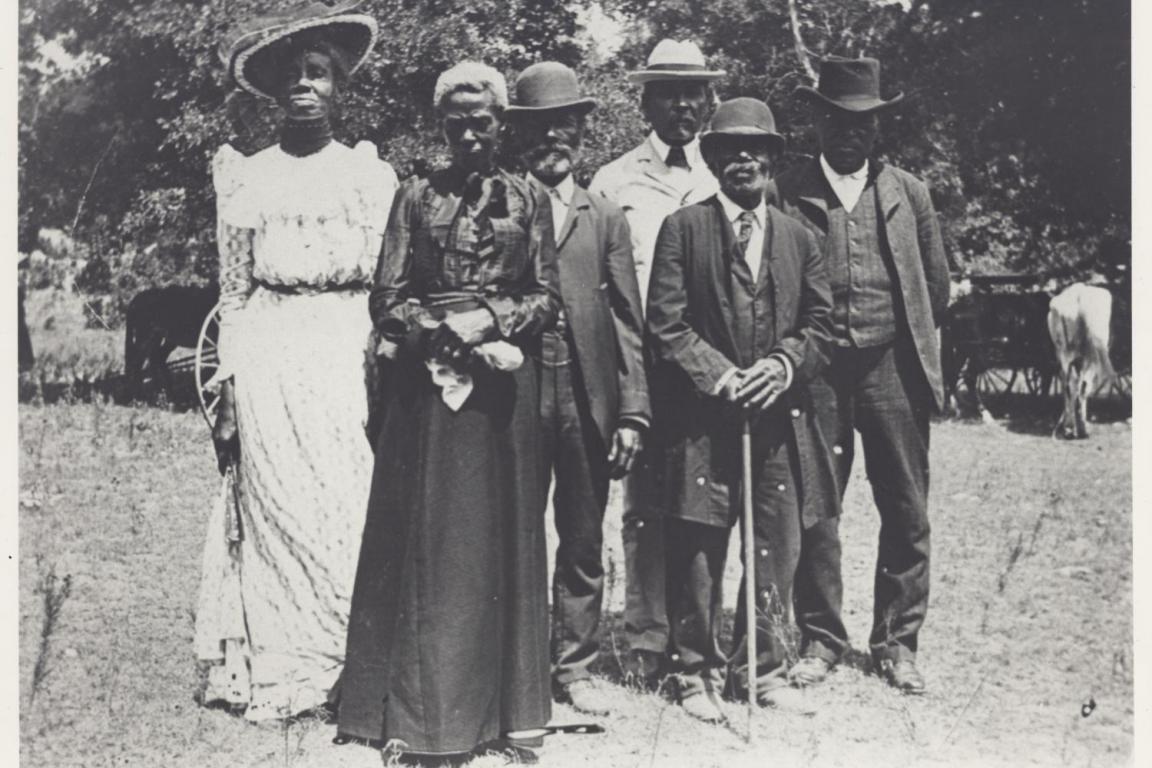Juneteenth (June 19th), is an official date commemorating the ending of slavery in the United States.
Juneteenth has more meaning to African-Americans than the 4th of July.
On that day in 1865, Union soldiers arrived in Galveston, Texas to deliver the very delayed news that the war was over and that the enslaved were now free. Yes, the delivery of this news came over TWO YEARS after President Lincoln had signed The Emancipation Proclamation, which had become official on January 1, 1863.
The news had deliberately been withheld from the enslaved by the enslavers to force more free labor on their plantations. They exploited their labor to get just one last harvest out of them – continued use and abuse.
“The people of Texas are informed that in accordance with a Proclamation from the Executive of the United States, all slaves are free. This involves an absolute equality of rights and rights of property between former masters and slaves, and the connection heretofore existing between them becomes that between employer and free laborer.”
This message of their newfound freedom was met with surprise and joy. Many not even knowing where to go next, did not hesitate to spread the word, attempt to find their loved ones, and flee up North (which was a bit more progressive than the South). The June 19th celebrations were called “Juneteenth” – a time for family, praying, food, gathering, and STRATEGY.
Juneteenth forces this nation to confront its dreadful past.
The celebrations continue even today in modern times as families traditionally gather to focus on community growth, education, and legacy. During slavery, the enslaved were forced to wear rags, and after news of their freedom, they stripped off those ragged clothes as a symbol of no longer belonging to their former ‘masters’.
Due to the efforts of African-American legislator Al Edwards, Juneteenth became an official state holiday on January 1, 1980. Although it is observed in 45 states, there is still a push for it to become a nationally-recognized holiday throughout the United States. Today, there is a renewed spark within the African-American community to participate in and organize their own celebrations; many in the form of educational and prayer events all over the nation to mark the occasion.
ABC hit television sitcom Blackish did an excellent job of explaining the history behind Juneteenth in a special episode. Watch here.









